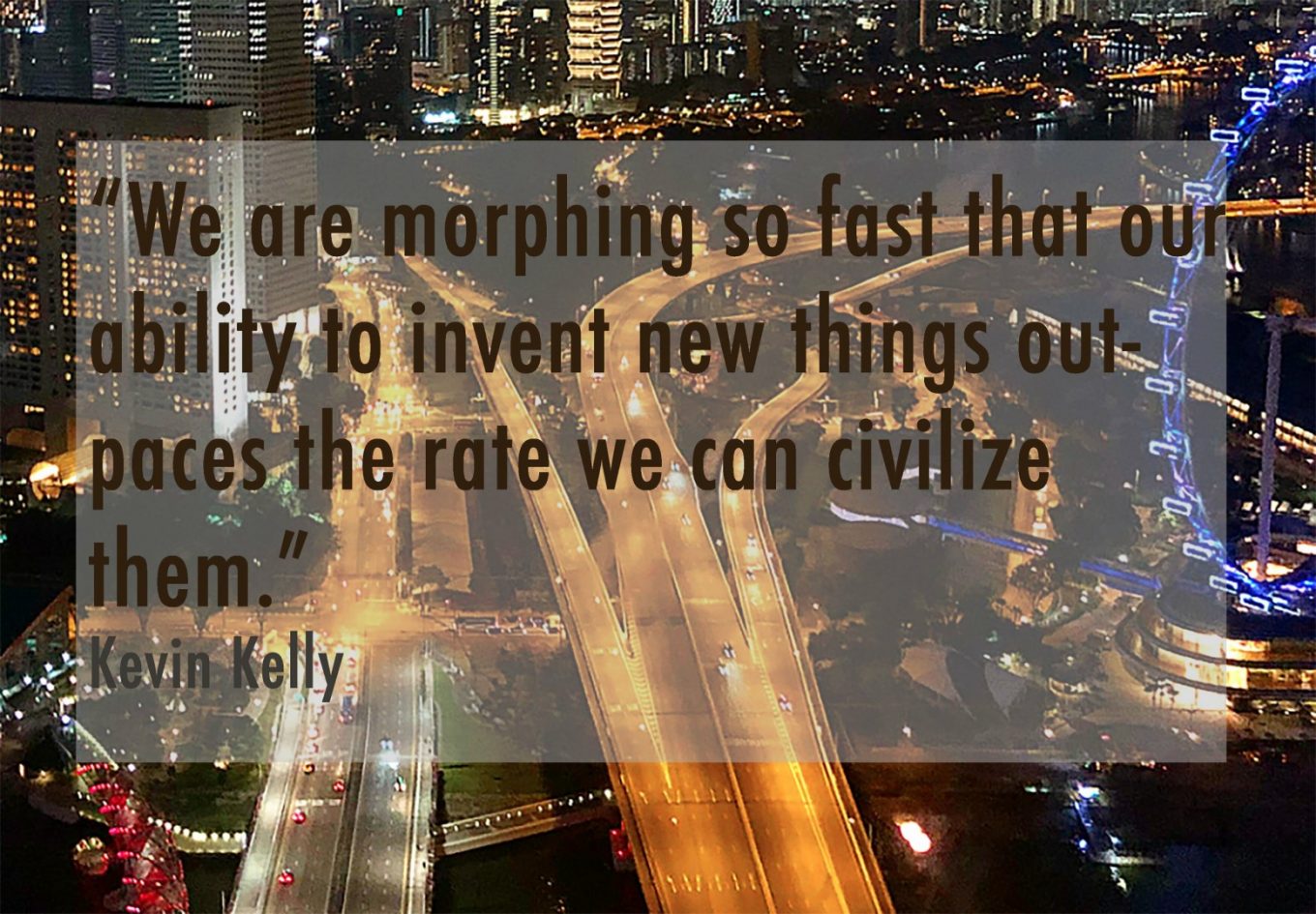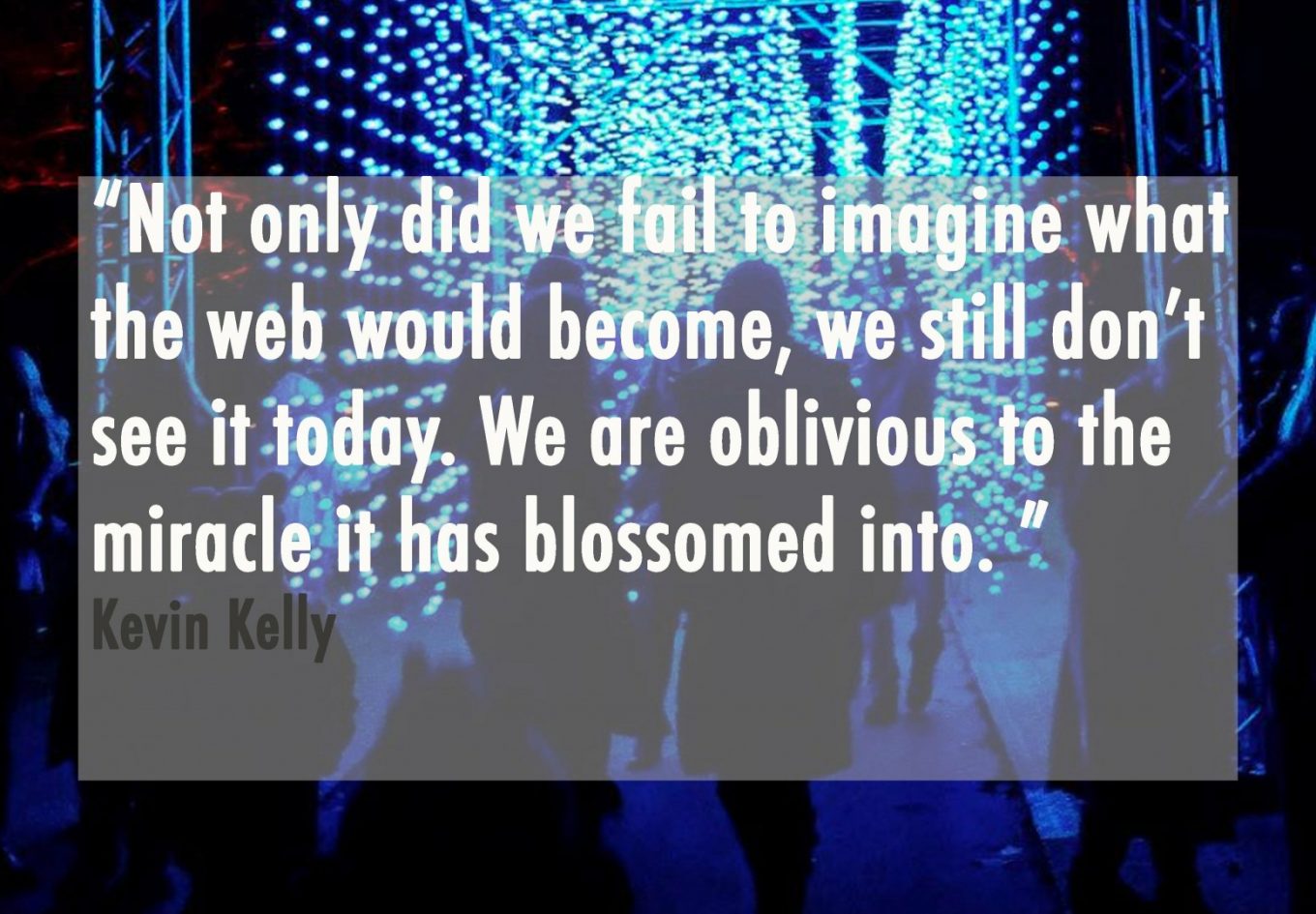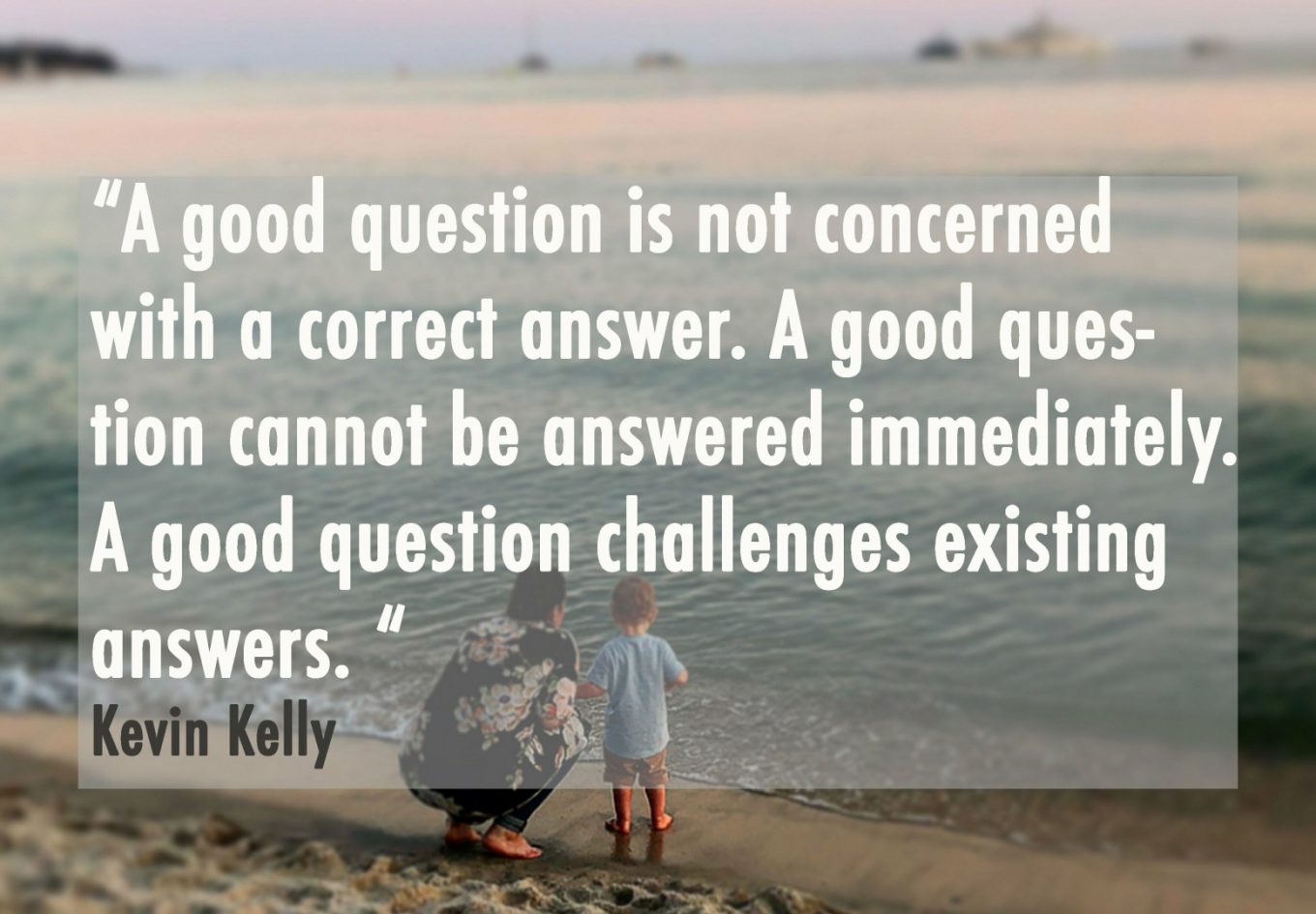
You might not have ever heard his name, but Kevin Kelly has been considered by some a modern-day prophet. He is an important influencer who has shaped the world and the way we think, and he has authored some books about the future too. Kevin Kelly is now in his 60s, but during his career, his influence has included being part of The Well. This was an early forum online. He also worked with a co-founder to develop Wired magazine, being one of his most known ambassadors. and he still writes for this outlet too. He has developed a depth of knowledge regarding the influence of technology which makes for interesting and compelling reading.
So what does Kelly prophesize, exactly? Well, he argues that the future will be better than the present. This will be achieved by leveraging technology, ensuring that the benefits can be gained from, while also focusing on minimising any detrimental impacts. He believes that it will be difficult to stop technology, so it is best to work with it to drive the most positive outcomes. There is the potential for technology to create difficult problems in society, but Kelly believes these can be overcome. Interestingly in his own home, Kevin Kelly has not been a particularly early adopter of new technology, and technology is not a focus at his house.

Looking at more specifics, Kevin Kelly suggests that some types of technology are more likely to be with us by 2050 than others. He argues that while flying cars will not come about by then, we will most probably have self-driving cars by that point. He is also of the firm belief that virtual reality will be well developed by then. Artificial intelligence and virtual reality together will build a greater opportunity for more and different experiences. However, he is realistic and also suggests that there will be a lot of “crap” produced along the way. Meanwhile, the ways in which we earn a living may change, with automation taking over in some cases. Of course, this is already happening.
12 Technological Forces
Kelly’s book, “Inevitable” outlines 12 technological forces that he believes will shape our future. It is helpful to understand these forces to see how he sees our future panning out. One of the forces is Becoming. What is meant by this is that change is continual and we will be repeatedly learning new things. Another is Cognifying. By this, Kelly means the role that artificial intelligence will play in our lives. Artificial intelligence will be “everywhere and in everything” impacting on how things operate and how we interact with them. Flowing is a third force, and this refers to the way in which information will move about, while Screening is another force that is indicative of the importance of our screens and the amount that we will interact with them. Accessing is yet another force, and this describes the way that we will not necessarily have to own things to use them – this trend is seen with Spotify and Kindle Prime among others.

The sixth force Kelly writes about is Sharing – and this is also already very clearly underway, with the Sharing Economy growing and evolving. Filtering will also be a key force, so that we can access what we need, rather than being bombarded with everything. Remixing is linked to this in some ways, as it refers to customisation and unbundling. Interacting is a further force, and we can increasingly expect items to respond to us. The force of Tracking is already been clearly felt by many, and it is in reference to our data. The final two forces are questioning – questions that come out of the trends described – and beginning, which refers to the new systems and economy that will likely emerge. The book is considered an important guide for product development in business, as well as for other areas.

For those with an interest in learning more about Kevin Kelly and his interesting views about the future, there is a good podcast available on this topic. In addition, you might read one of his books, maybe The Inevitable (published 2016), or What Technology Wants (published 2010), since both of which are an engaging read with some fascinating ideas within them.

Paula Newton is a business writer, editor and management consultant with extensive experience writing and consulting for both start-ups and long established companies. She has ten years management and leadership experience gained at BSkyB in London and Viva Travel Guides in Quito, Ecuador, giving her a depth of insight into innovation in international business. With an MBA from the University of Hull and many years of experience running her own business consultancy, Paula’s background allows her to connect with a diverse range of clients, including cutting edge technology and web-based start-ups but also multinationals in need of assistance. Paula has played a defining role in shaping organizational strategy for a wide range of different organizations, including for-profit, NGOs and charities. Paula has also served on the Board of Directors for the South American Explorers Club in Quito, Ecuador.










